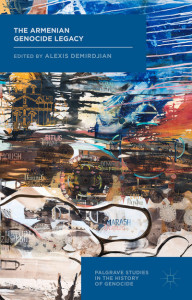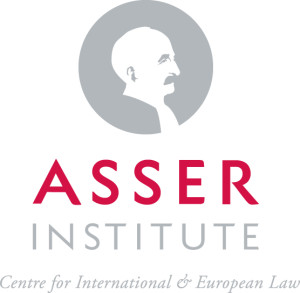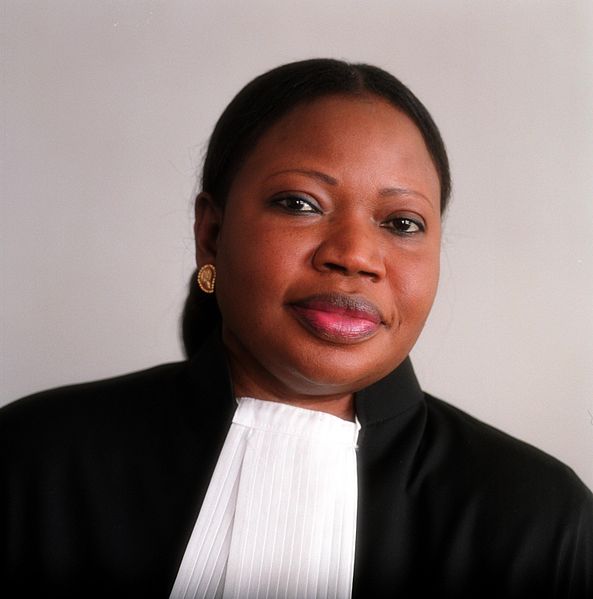 Date and Time: 12 April 2016, at 19:00h
Date and Time: 12 April 2016, at 19:00h
Venue: T.M.C. Asser Instituut, R.J. Schimmelpennincklaan 20-22, The Hague, Netherlands
This lecture, and launch of the book The Armenian Genocide Legacy, is organised in cooperation with the International Humanitarian and Criminal Law Platform.
Speakers:
- Alexis Demirdjian, Trial Attorney, Office of the Prosecutor, International Criminal Court
- Nolwenn Guibert, Legal Officer in Trial Chambers, International Criminal Tribunal for the former Yugoslavia
Alexis Demirdjian will be providing an overview introduction of the book, and one of his co-authors, Nolwenn Guibert will deal with the issue of reparations and compensations.
The book itself is an interdisciplinary volume that Alexis Demirdjian led as editor. It contains 20 chapters drafted by specialists and academics from a variety of disciplines, including law, history, political science, sociology, anthropology, literature, education and media studies.
The main themes of the book are (1) the relevance of the Armenian Genocide in modern-day academic studies, as a prototype to further comparative studies, and (2) the impact of the Genocide on various fields of study in particular questions of identity (anthropology), coping mechanisms (through literature and filmic representations) and interstate politics.
A quarter of the book is dedicated to legal ramifications, including the chances of success of a case before the International Court of Justice, the status of the Armenian case and whether it fits the definition of genocide, sexual violence during the Genocide, the issue of genocidal intent and excuses of counter-insurgency, the issue of reparations and finally questions relating to the failure of judicial systems during armed conflicts.
SCL Lectures are public and free of charge. Registration is not necessary, seats are available on a first-come-first-served basis.



